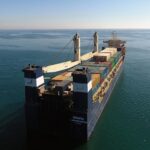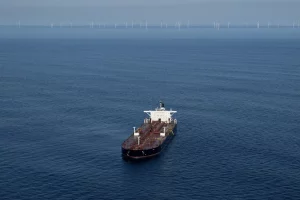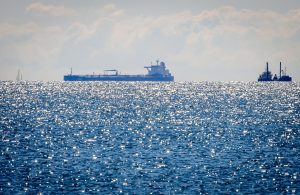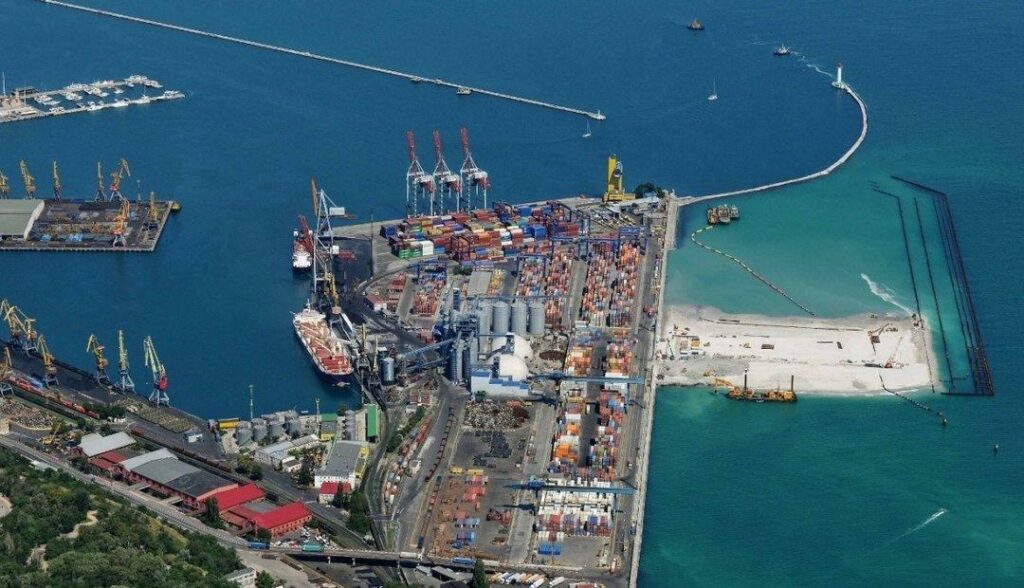Sea shipments to bypass sanctions: what will Russia bring to Kaliningrad
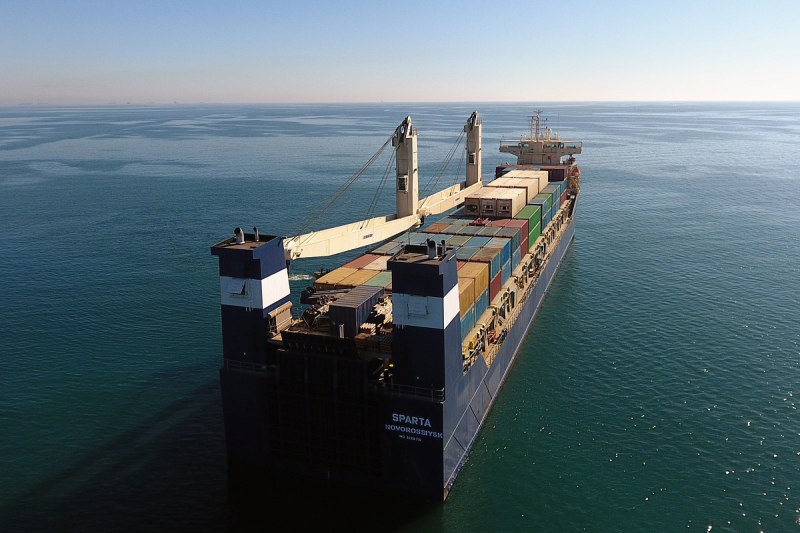
The russian “Oboronlogistika” launched new ferries on the line connecting Kalinigrad with russian federation. Previously, Lithuania banned the land transit of sanctioned goods through its territory, so, obviously, russia will try to circumvent this ban.
Kaliningrad is of strategic importance for russia, as the largest naval base of the russian fleet is based here. However, Lithuania, which borders the isolated region of russian federation, does not allow the terrorist country to saturate the region with military cargo and goods. Therefore, russia is trying to establish a sea connection with Kaliningrad in order to bypass the sanctions and deliver prohibited goods there.
We would like to remind: in the spring, “Rosmorport” doubled the size of the fleet on the ferry crossing in order to “increase the transport safety of the Kaliningrad region and ensure the transportation of goods necessary for the internal consumption of the region.” Many mass media then reported on the delivery of military cargo to Kaliningrad. And already in June, after the first EU sanctions, Lithuania stopped the transit of sanctioned goods and military and dual purpose goods between the Kaliningrad region and the main part of russia.
The ban on transit included, in particular, metals and building materials, which accounted for about half of all cargo passing through Lithuania. Almost immediately, the industrial production index of the Kaliningrad region dropped by a quarter, and the region’s economy continues to decline. Actually, russia uses these economic indicators to remove restrictions on transportation.
In July, the European Commission somewhat relaxed the “blockade” of Kaliningrad, allowing the transit of non-sanctioned goods by rail. However, road transport is still limited, so russia wants to establish sea routes to deliver goods to the region.
In August, only 4 ferries provided sea cargo transportation in the region. The leadership of the Kaliningrad region stated that the Ust-Luga – Baltiysk ferry line required as many as 22 vessels for the transportation of goods.
Already in September, 13 ships are plying the Baltic Sea: it is interesting that the operator of six of them is the russian company “Oboronlogistika”. This is probably related to an attempt to circumvent the EU ban on land transit of sanctioned goods.
So, on September 27, the dry cargo Sparta Ro-Ro/Lo-Lo type, intended for the transportation of rolling equipment, entered the line. It should be noted that it was Sparta and its “sister ships” that transported S-300PMU-2 missiles from Syria and unmanned aerial vehicles from Iran. In particular, Oboronlogistics could deliver Iranian drones to russia by sea with these cargoes.
Transferring these vessels to the Baltic Sea can hardly be called a logistically convenient solution for “transportation of goods necessary for the internal consumption of the region.” It is obvious that the attempt to establish a sea connection indicates an attempt to transport specifically sanctioned goods. During the war in Ukraine, russia learned to skillfully circumvent various types of prohibitions and restrictions.
Thinking about “claps” on the North Stream and waving “Iskanders”, it looks like a demonstration of attitude towards “unfriendly” countries. It is interesting that the terrorist state itself still spreads narratives that Lithuania “fed on transits and kept stones in its bosom.” So it can be assumed that new restrictions from the EU await Russia – now also in the Baltic Sea.
